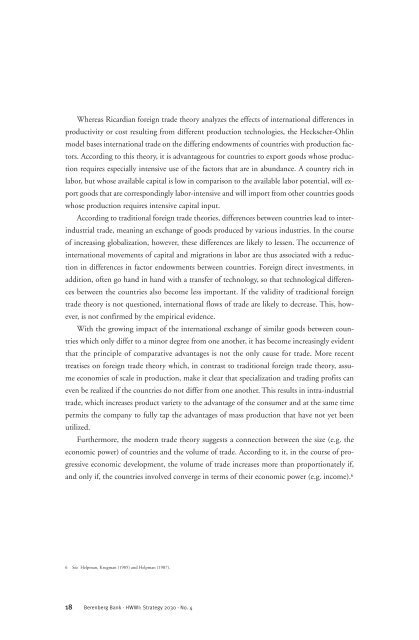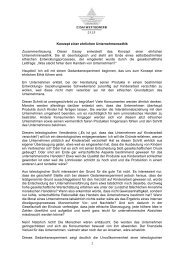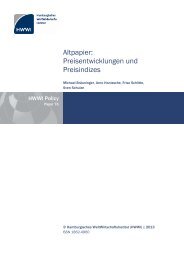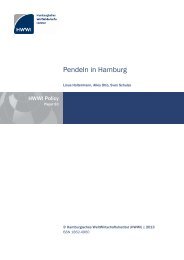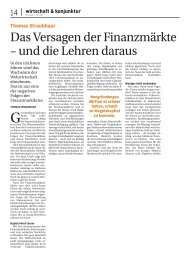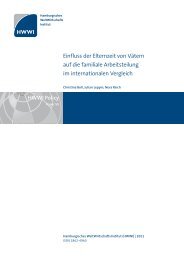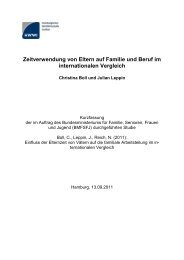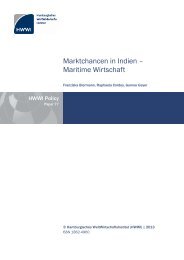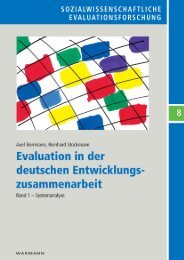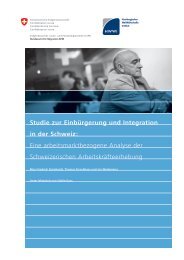Maritime Trade and Transport - HWWI
Maritime Trade and Transport - HWWI
Maritime Trade and Transport - HWWI
You also want an ePaper? Increase the reach of your titles
YUMPU automatically turns print PDFs into web optimized ePapers that Google loves.
Whereas Ricardian foreign trade theory analyzes the effects of international differences in<br />
productivity or cost resulting from different production technologies, the Heckscher-Ohlin<br />
model bases international trade on the differing endowments of countries with production factors.<br />
According to this theory, it is advantageous for countries to export goods whose production<br />
requires especially intensive use of the factors that are in abundance. A country rich in<br />
labor, but whose available capital is low in comparison to the available labor potential, will export<br />
goods that are correspondingly labor-intensive <strong>and</strong> will import from other countries goods<br />
whose production requires intensive capital input.<br />
According to traditional foreign trade theories, differences between countries lead to interindustrial<br />
trade, meaning an exchange of goods produced by various industries. In the course<br />
of increasing globalization, however, these differences are likely to lessen. The occurrence of<br />
international movements of capital <strong>and</strong> migrations in labor are thus associated with a reduction<br />
in differences in factor endowments between countries. Foreign direct investments, in<br />
addition, often go h<strong>and</strong> in h<strong>and</strong> with a transfer of technology, so that technological differences<br />
between the countries also become less important. If the validity of traditional foreign<br />
trade theory is not questioned, international flows of trade are likely to decrease. This, however,<br />
is not confirmed by the empirical evidence.<br />
With the growing impact of the international exchange of similar goods between countries<br />
which only differ to a minor degree from one another, it has become increasingly evident<br />
that the principle of comparative advantages is not the only cause for trade. More recent<br />
treatises on foreign trade theory which, in contrast to traditional foreign trade theory, assume<br />
economies of scale in production, make it clear that specialization <strong>and</strong> trading profits can<br />
even be realized if the countries do not differ from one another. This results in intra-industrial<br />
trade, which increases product variety to the advantage of the consumer <strong>and</strong> at the same time<br />
permits the company to fully tap the advantages of mass production that have not yet been<br />
utilized.<br />
Furthermore, the modern trade theory suggests a connection between the size (e.g. the<br />
economic power) of countries <strong>and</strong> the volume of trade. According to it, in the course of progressive<br />
economic development, the volume of trade increases more than proportionately if,<br />
<strong>and</strong> only if, the countries involved converge in terms of their economic power (e.g. income). 6<br />
6 See Helpman, Krugman (1985) <strong>and</strong> Helpman (1987).<br />
18 Berenberg Bank · <strong>HWWI</strong>: Strategy 2030 · No. 4


